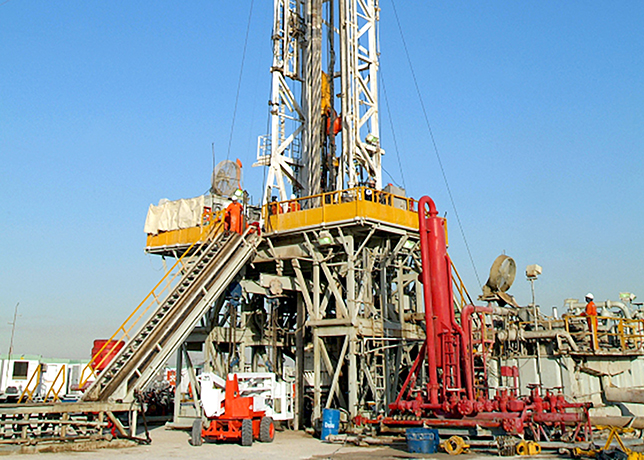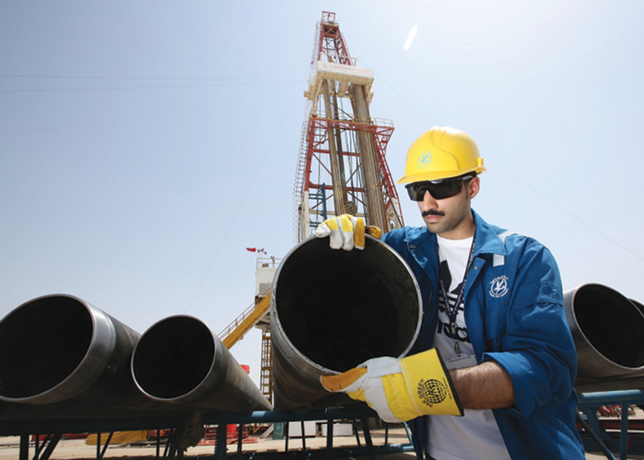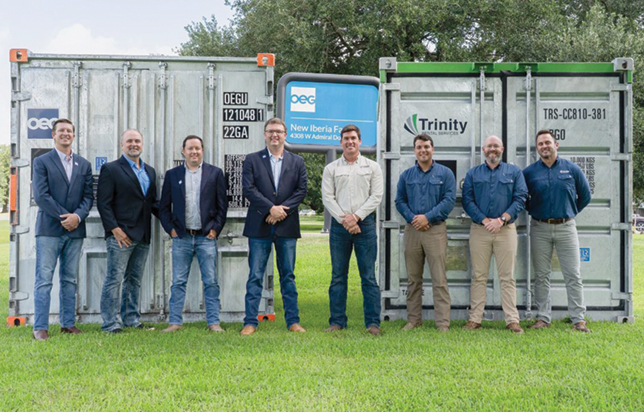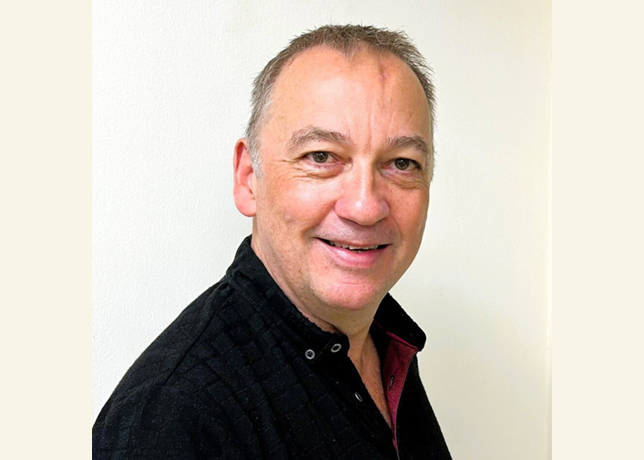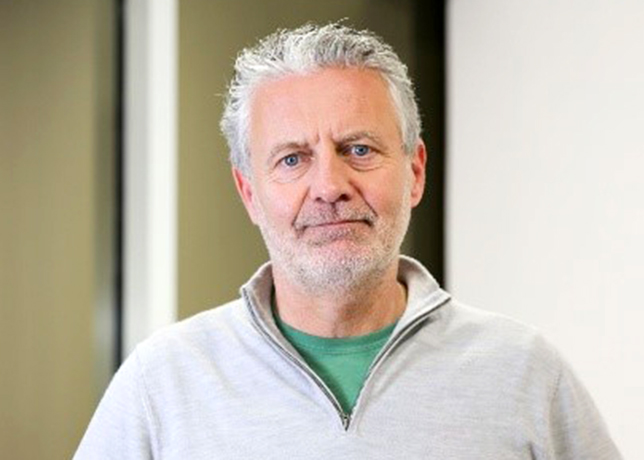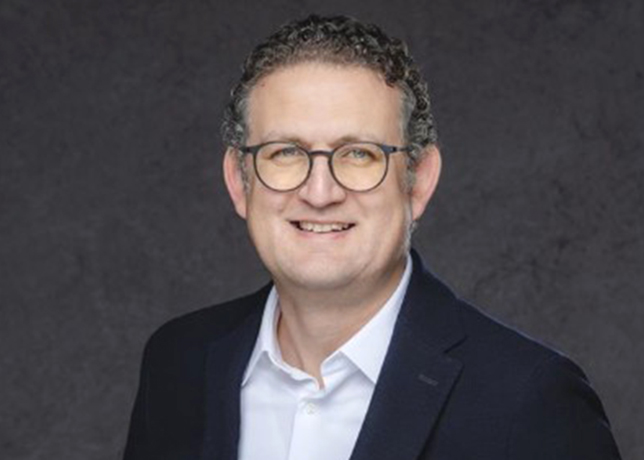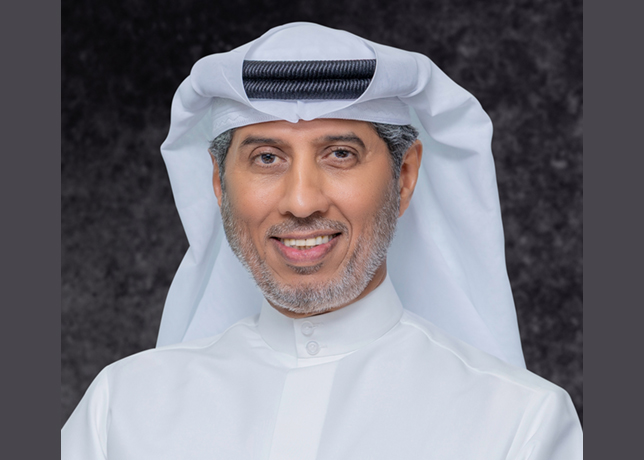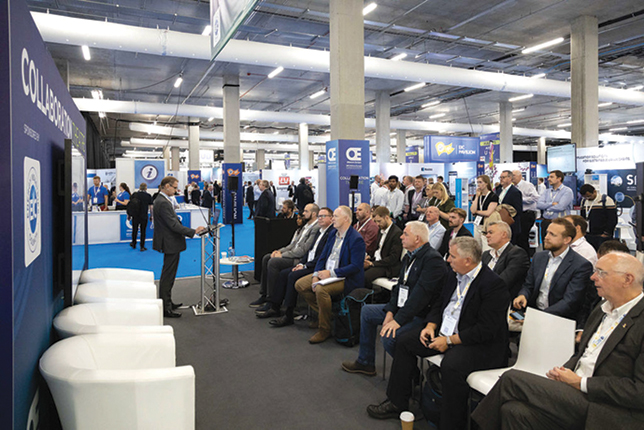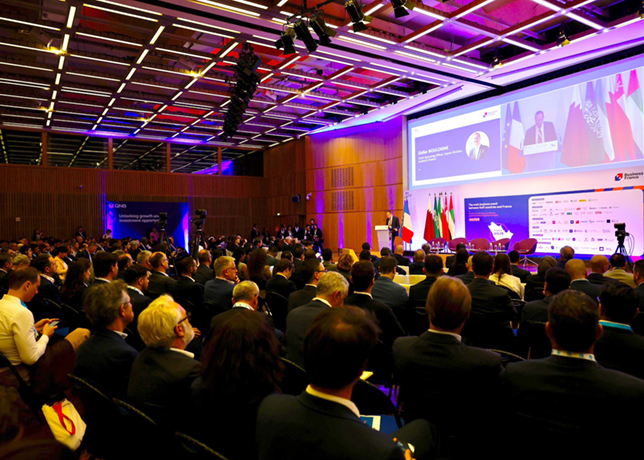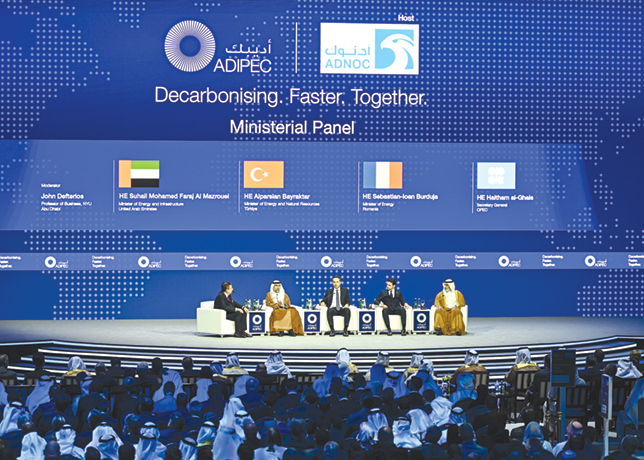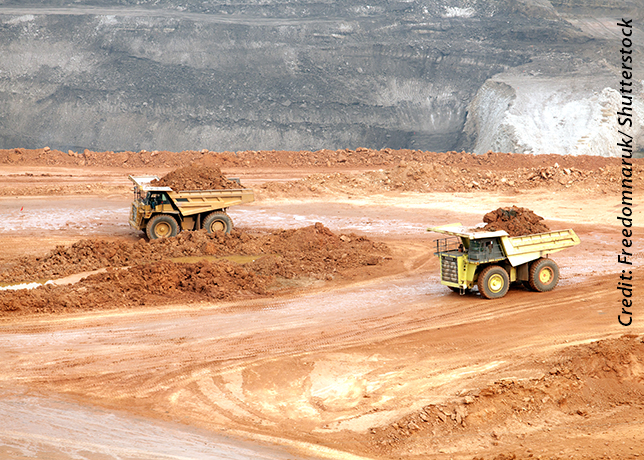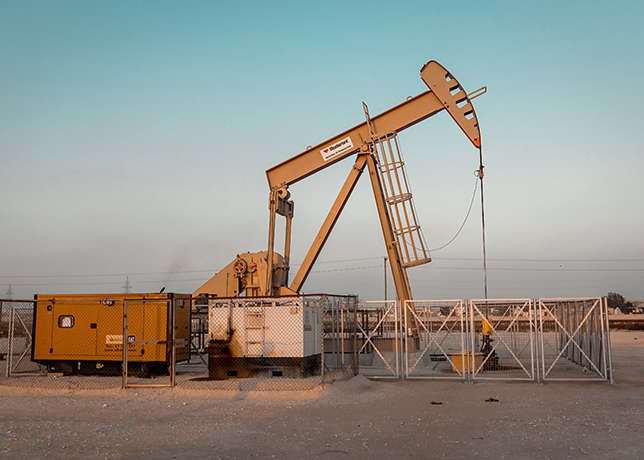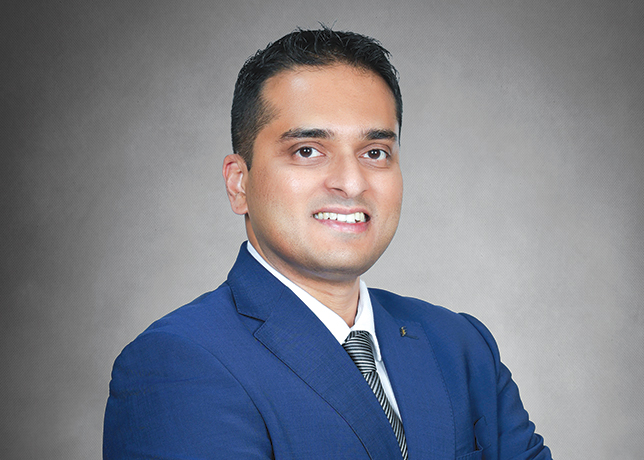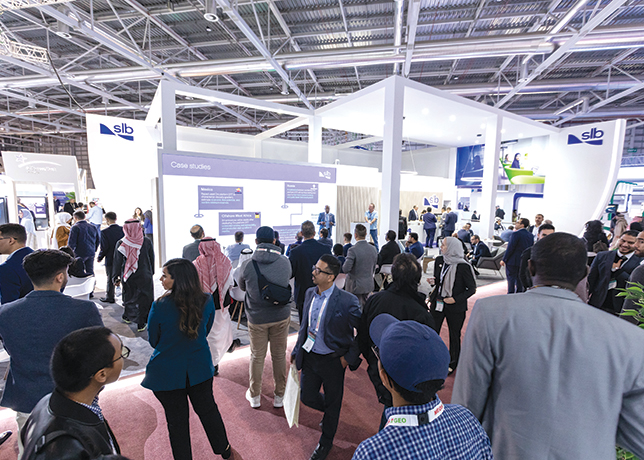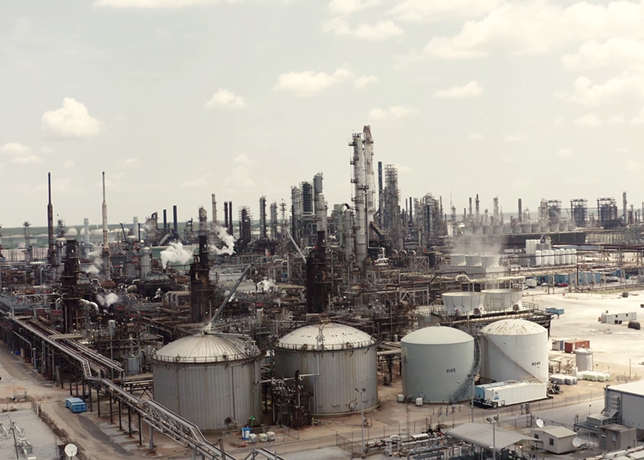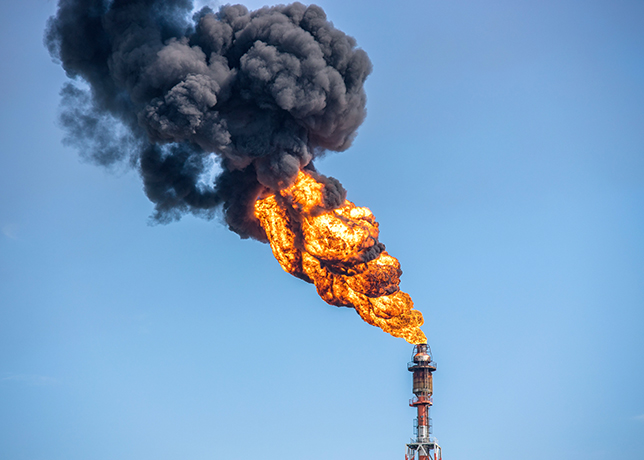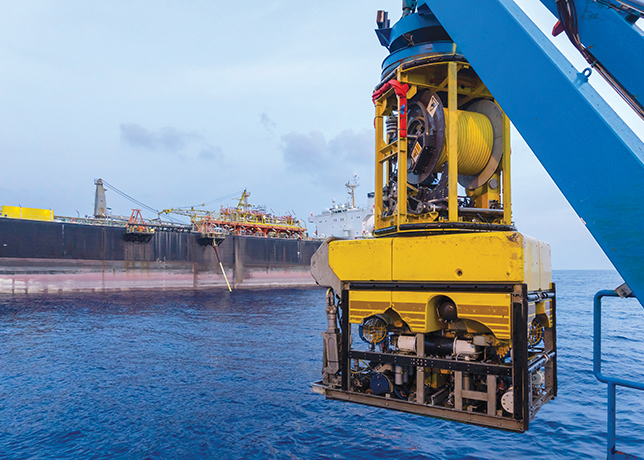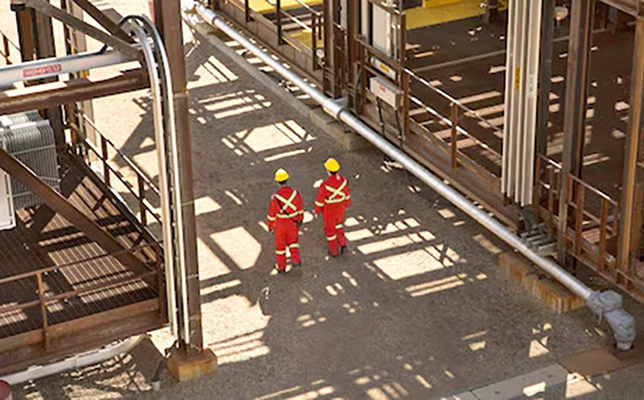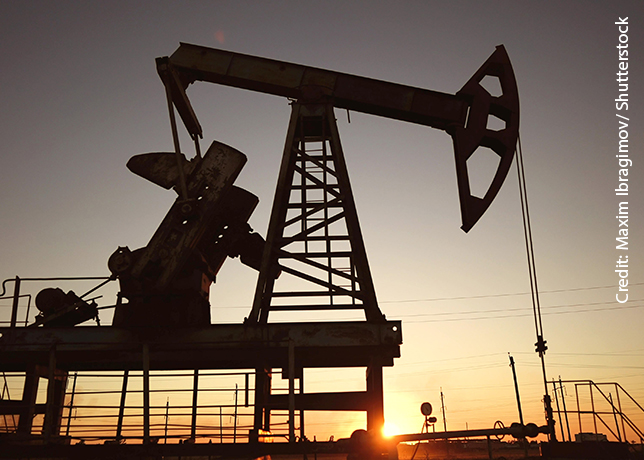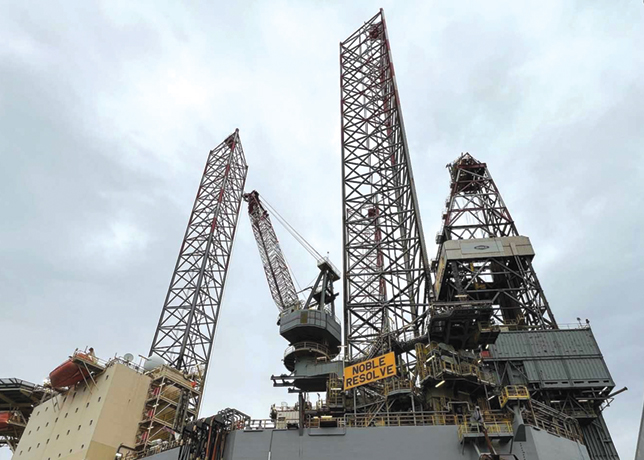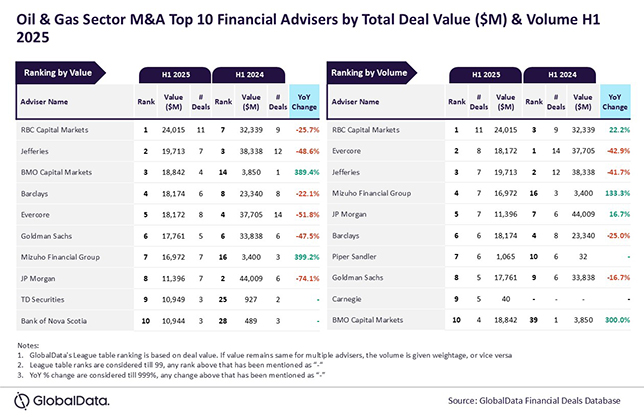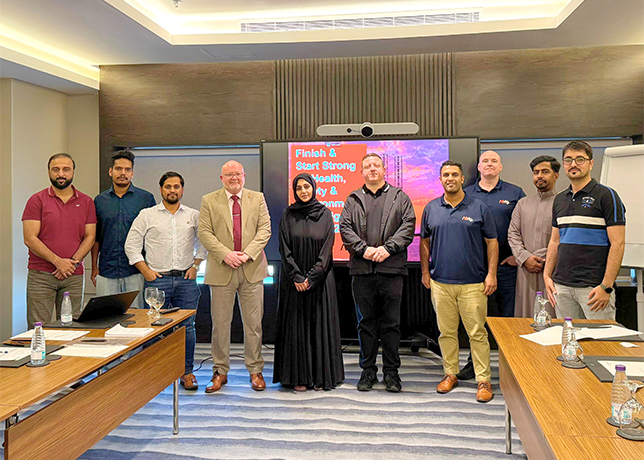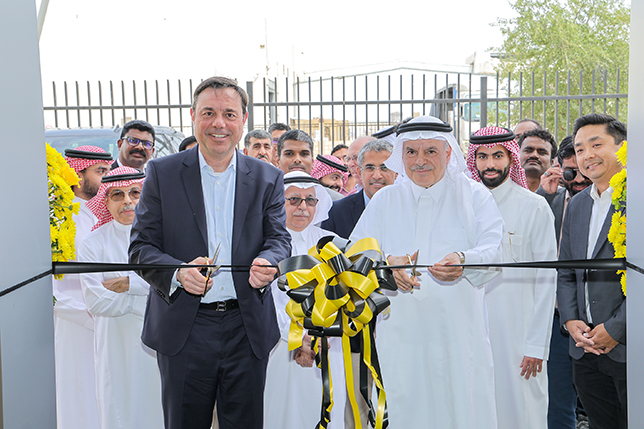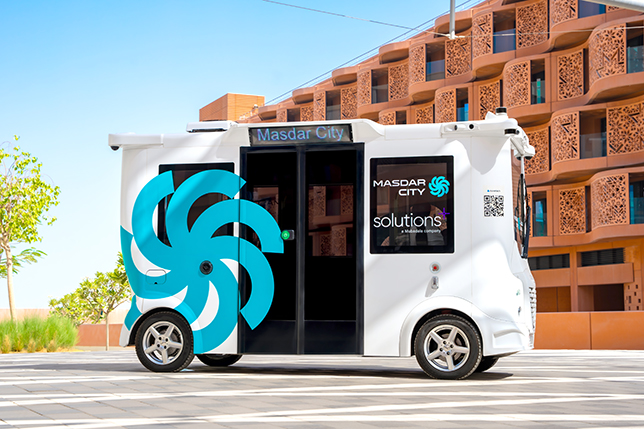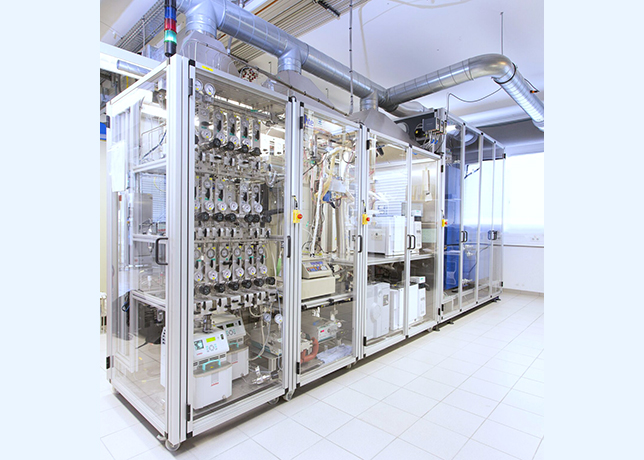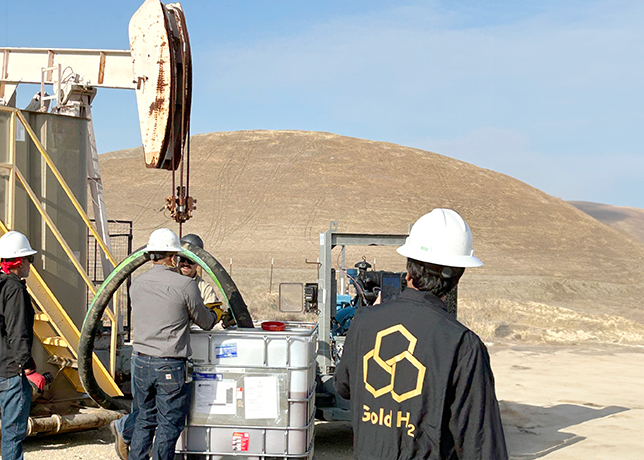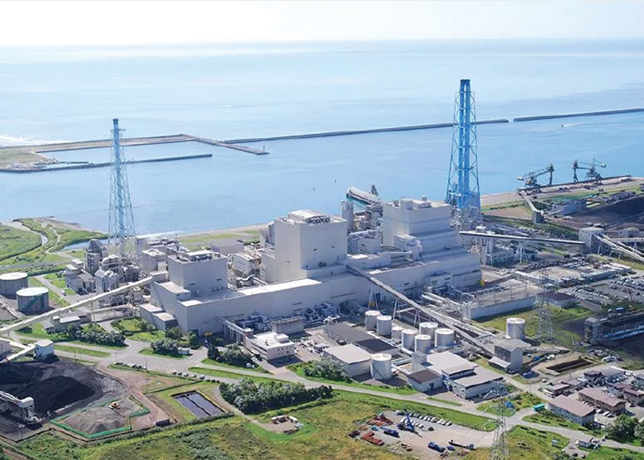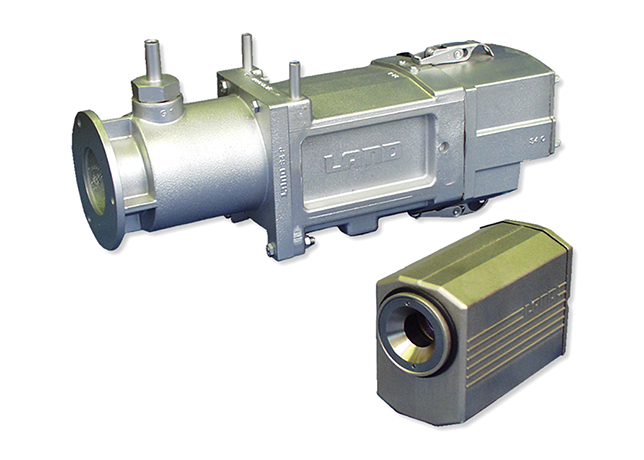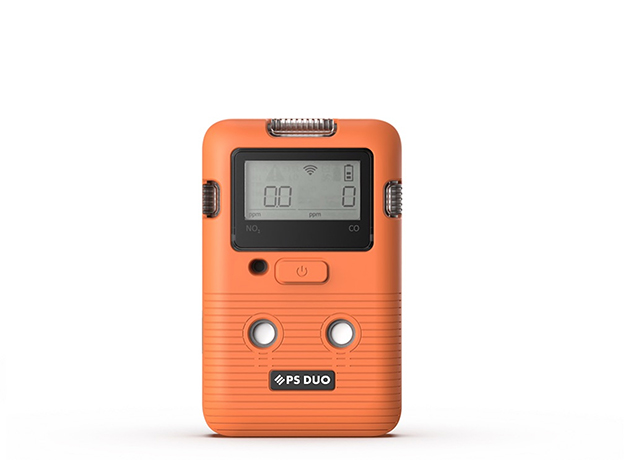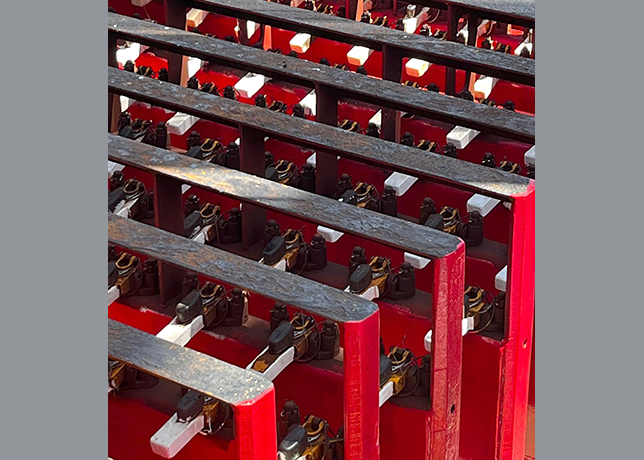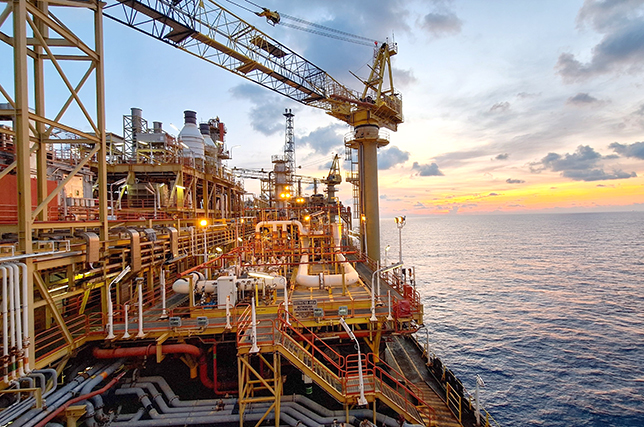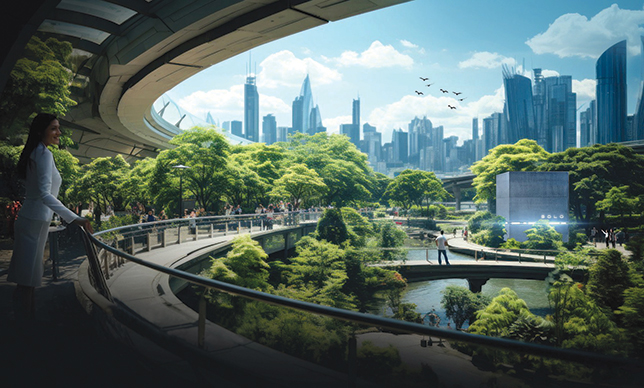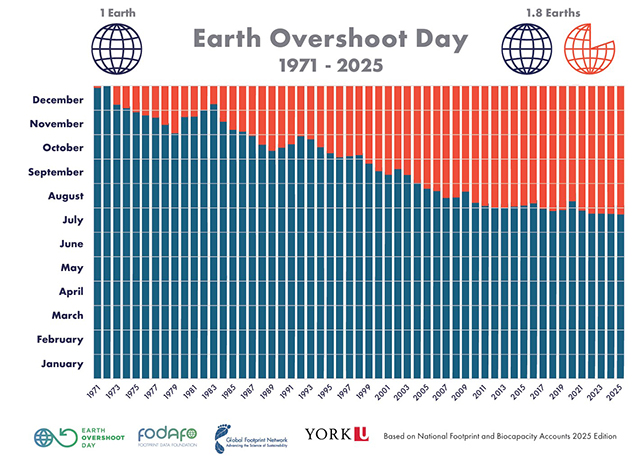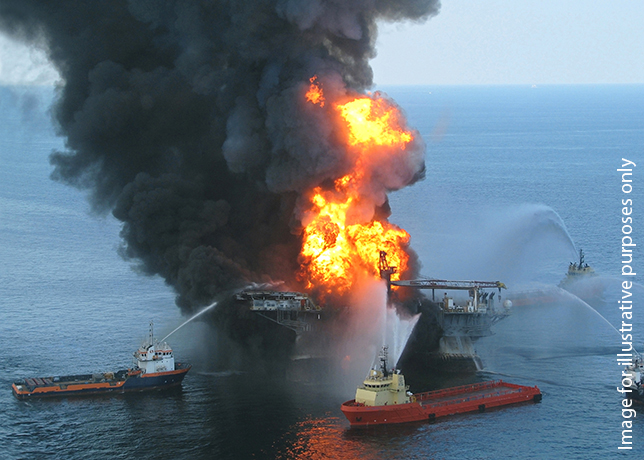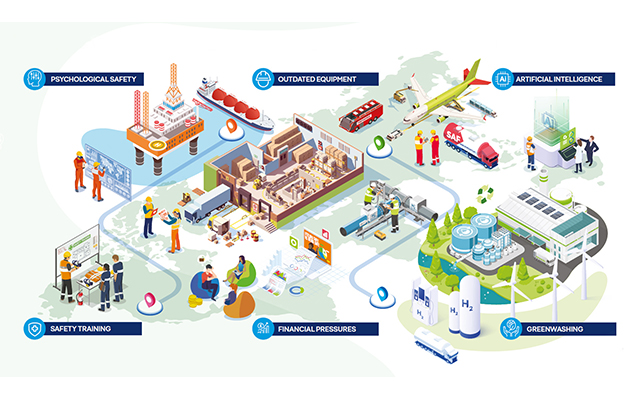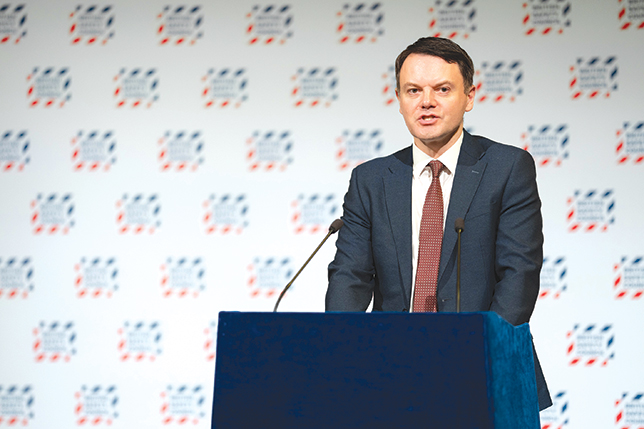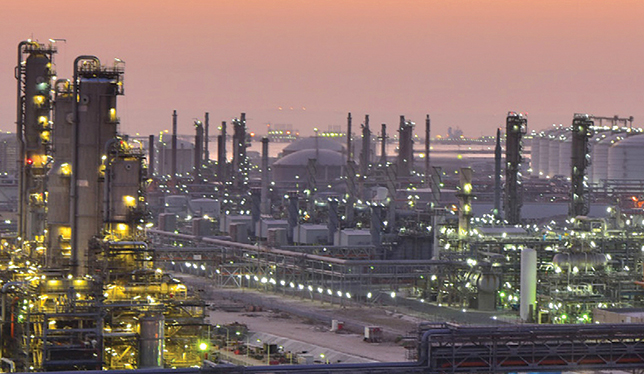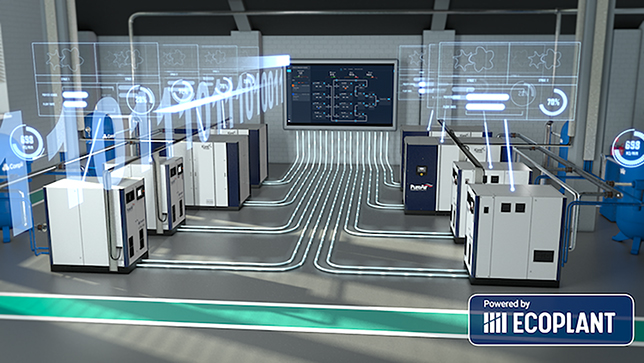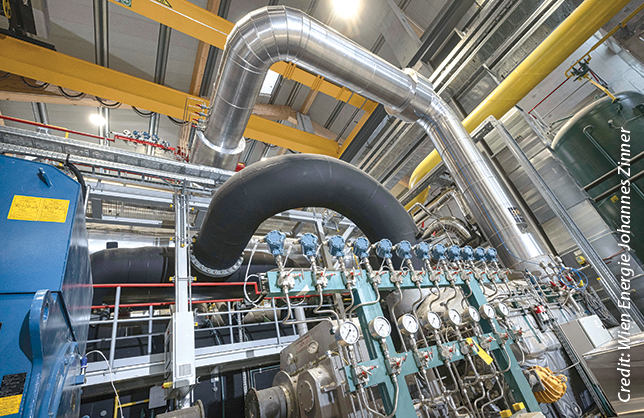
 The second city will build on the achievements of the first .
The second city will build on the achievements of the first .
A host of industrial projects expected to pump more than SR 35 billion ($9.3 billion) into Saudi Arabia's economy were recently inaugurated by the country's Crown Prince, Abdullah bin Abdulaziz, during a walking tour of Jubail.
The projects include petrochemical companies - subsidiaries of Sabic, a steel plant, technology research centre and a human resources training centre.
The Crown Prince laid the foundation stone of Jubail United Petrochemical Co as a first step of the factory's construction.
The factory's cost has been estimated at SR8 billion and it is expected to be completed sometime in 2004.
It will produce almost six million tonnes of ethylene and polyethylene and will employ about 650 workers.
The sheer number and scale of the proposed projects seems to point to the fact that the already considerable contribution of Jubail is set to take on even more gigantic proportions.
Many projects in a broad range of activities are under construction in Jubail, or at least, in the design stage, a signal of the magnitude of its contribution to the national economy.
According to the director-general of planning and investment at the office of the Royal Commission for Jubail and Yanbu, Mubarak A Al Mubarak, the total investment on existing industries stands at SR108.10 billion ($28.82 billion) and prospective projects would increase the gross investment to SR137.27 billion when they come on stream.
Fifty-five plants are already in operation in Jubail, the primary sector accounting for 17, the secondary sector 20 and the light sector, as many as 118.
Four plants are under construction and eight are under design in the primary sector, while one is under construction, six are in the design stage and one is under expansion in the secondary sector.
Among light industries, 24 are under construction, 30 are in the design stage and three are expanding.
Product classifications at Jubail include petrochemicals, refined products, fertilisers and metals.
Mohammed Al Jurais, deputy director general for investment and developement for the Jubail project says that the city's success cannot be measured only in terms of its development as a powerful and strategic industrial base in the Kingdom.
"Importantly, the creation and development of these facilities has involved significant foreign investment totaling around 35 per cent of the total assets of the primary industries.
In fact overall about half of all foreign investment in the Kingdom resides in Jubail,'' he says.
According to the Royal Commission of Jubail and Yanbu, in Jubail currently about 73 per cent of all leased primary industrial land has been already developed by investors into 'productive land'.
The remaining land is expected to be fully committed in the near future.


